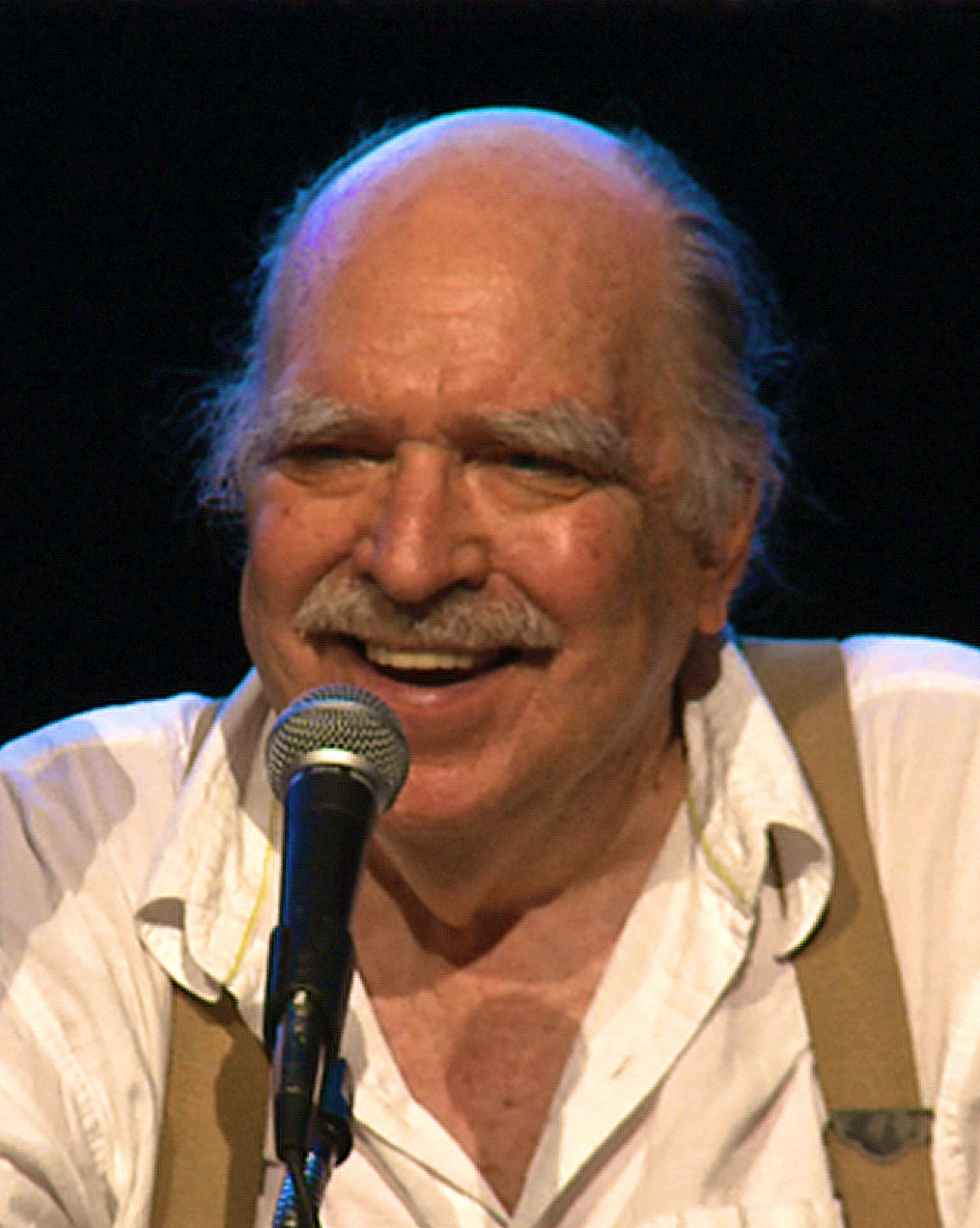Gene Youngblood
Year of birth, place
Year of death, place
Role at the ZKM
- Artist of the archive
Biography
Gene Youngblood (1942-2021) was a highly respected figure in the fields of media arts, politics, and alternative cinema theory on a global scale. His influential work, »Expanded Cinema«, published in 1970, was the first book to consider video, multimedia performance, and computer-generated imagery as art forms, helping establish media arts as a recognized and respected artistic and scholarly discipline. The term ‘expanded cinema’ has since become widely used, and Youngblood’s book is considered a classic, having even been translated into Spanish as »Cine expandido« (Universidad Nacional de Tres de Febrero, © 2012) and Italian as »Expanded Cinema« (Cooperativa Libraria Universitaria Editrice Bologna (CLUEB), ©2013). The 50th Anniversary edition of »Expanded Cinema«, with a new introduction by Youngblood and a comprehensive index, was published in April 2020 by Fordham University Press.
Youngblood was also widely known as an original and visionary voice in the media democracy movement and had been teaching, writing, curating, and lecturing on media democracy and alternative cinemas since 1970. His best-known lectures on media democracy were »Videosphere: Television for Tomorrow«, for the Future Worlds Lecture Series 1974 at U. Michigan/Ann Arbor, “Secession from the Broadcast,” presented at the Bienal de la Imagen en Movimiento (BIM) in Buenos Aires, Argentina (2012), and “The Build: Gray Area Festival 2016” closing keynote (2016).
Youngblood lectured at more than four hundred colleges and universities throughout North America, Europe, Japan, and Australia, and his writing was published extensively around the world. He received research grants from the Rockefeller Foundation, the Rockefeller Brothers Fund, the Andy Warhol Foundation, the U.S. National Endowment for the Arts, The New Mexico Arts Division, and the New Mexico Endowment for the Humanities.
He curated numerous film and video exhibitions in the U.S. and abroad, organized an international conference, “The Future of Television,” at the Annenberg School of Communication at USC, served on twenty juries and selection panels for film and video festivals and foundations, and served on advisory boards of arts organizations, foundations, and publications, including »Leonardo«, the journal of the International Society for Art, Science, and Technology.
Youngblood was a consultant to academic, philanthropic, governmental, and business organizations, including the U.S. Library of Congress, the Council of Europe, the J. Paul Getty Trust, the Metropolitan Museum, the Rockefeller Foundation, and the U.S. National Endowment for the Arts.
In the 1960s, he worked as a journalist in Los Angeles, covering a wide range of media outlets. He served as a crime reporter and film critic for the »Los Angeles Herald Examiner«, worked as a reporter for KHJ-TV, and acted as an arts commentator for KPFK, Pacifica Radio. Between 1967 and 1970, he held the position of associate editor and columnist for the »Los Angeles Free Press«, which was the first and largest of the underground newspapers during that era. It was during this time that Youngblood honed his exceptional interviewing skills, utilizing these creative conversations (Youngblood’s term) as foundational material for his insightful essays. One of his groundbreaking essays, »Cinema and the Code«, emerged from dialogues with his close confidants, the digital video visionaries Woody and Steina Vasulka, along with Peter Weibel, a luminary in media art theory, artistic expression, and the visionary director (1999-2023) of ZKM | Center for Art and Media, in Karlsruhe, Germany. Throughout his lifetime, Youngblood maintained a prolific career as an essayist.
Youngblood was a founding member in 1970 of the Faculty of Film and Video at the California Institute of the Arts (Calarts), where he taught for nineteen years. He also taught at the California Institute of Technology, Columbia University, the School of the Art Institute of Chicago, and in the film departments at UCLA and USC. In 1988, he joined the founding faculty of the Department of Moving Image Arts at the College of Santa Fe in New Mexico, where he taught for nineteen years until retiring in 2007.
Although Youngblood retired from teaching, he continued writing and lecturing until 2020, a year before his death.
